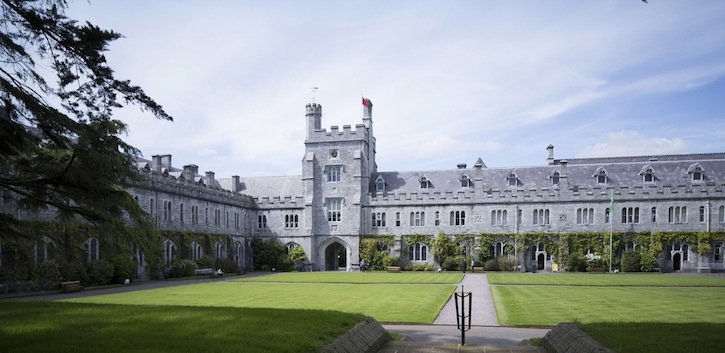40% of Bachelor’s Degree Graduates in Ireland Earn Under €25K Per Year
A report recently released by the Higher Education Authority (HEA) involving respondents who graduated from an Irish university in 2016 has revealed two in every five of the undergraduate degree holders are earning less than €25,000 per year. The responses were collected in March 2017 from over 18,000 former students who were granted a level 8-10 degree in 2016 from an Irish university, with a view to analysing their situation nine months post-graduation. Notably, this 40% figure represents a significant decrease in the number of undergraduates in 2016 who earned under €25,000 (47%).Of those surveyed for the report named ‘What Do Graduates Do?’, graduates of Engineering, IT, Manufacturing and Construction, and Health and Welfare were the most well-paid, with Arts and Humanities degree-holders faring the worst in the study; 15% of respondents with this type of degree reported earning less than €13,000 per year. Unsurprisingly, there is a positive link between advanced education and wages, with the percentage of Bachelor’s degree holders earning under 25K per annum (40%) falling to 9% for Doctorate graduates. Similarly, 35% of Doctorate holders surveyed earned over €45,000, against 18% of Higher Diploma and 3% of undergraduate degree holders. Overall, 62% of the graduates were in employment nine months after graduation. 87% of these obtained employment in Ireland, with the UK being the most popular destination for employment abroad. In terms of field of study, graduates in Education had the highest level of employment (85%) followed by ICT (81%). Dublin and the South West (Cork and Kerry) continue to provide the most job opportunities for recent Irish university graduates, with 42% and 17% employed in those regions respectively. Just 4% of all respondent graduates obtained employment in the South East, with 3% in the Border region and 2% in the Midlands. However, it should be noted that graduates of Institutes of Technology, traditionally sought after in these areas, were not included in the report.Reviewing the findings of the study, Dr. Graham Love, HEA Chief Executive, commented: “The evidence continues to point to a higher education qualification meaning that you are less likely to be unemployed and tend to have a higher starting salary.” Dr Love continued: “There is a challenge, however, for us to create more graduate employment opportunities outside of Dublin and Cork in order to ensure better regional development.” The HEA report specified the prospective Technological Universities development as one solution to this concern.


